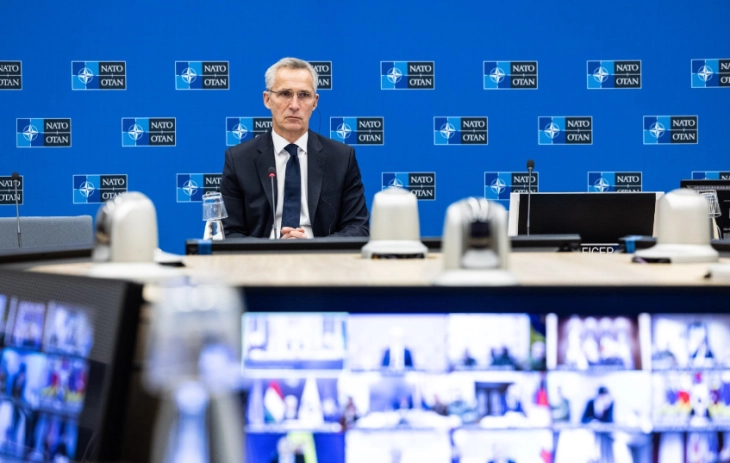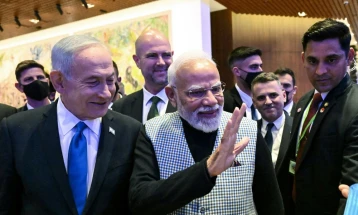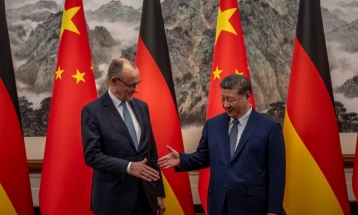NATO's Stoltenberg rejects Ukraine's demand for cluster munitions
- NATO Secretary General Jens Stoltenberg rejected a Ukrainian demand for cluster munitions and phosphorus incendiary weapons, saying the defence alliance does not provide such weapons.

Berlin, 19 February 2023 (dpa/MIA) — NATO Secretary General Jens Stoltenberg rejected a Ukrainian demand for cluster munitions and phosphorus incendiary weapons, saying the defence alliance does not provide such weapons.
"NATO has neither recommended nor supplied these kinds of weapons. We supply artillery and other types of weapons, but not cluster bombs," Stoltenberg told the broadcaster RTL/ntv at the Munich Security Conference on Saturday.
Overall, though, Stoltenberg said the West should not worry that increased arms deliveries to Ukraine would trigger an escalation of the war.
"The biggest risk of all is if Putin wins," Stoltenberg said, as this would make the world more dangerous and the West more vulnerable.
On Friday, also at the conference, Olexander Kubrakov, the deputy head of the Ukrainian government, had called for cluster munitions and phosphorus incendiary weapons. The use of both weapons is highly controversial, and cluster munitions are banned under an international treaty, which neither Ukraine nor Russia has signed.
Ukrainian Foreign Minister Dmytro Kuleba defended Kubrakov and the request for the munitions at the conference on Saturday. He said since Ukraine is not a party to the treaty banning the weapon, it could legally do so and added that the munitions can help withstand attackers.
Kuleba said Ukraine has evidence that Russia is using cluster munitions against his country.
Cluster munitions are missiles and bombs that burst over the target and release many small explosive devices. Phosphorus munitions can cause severe burns and poisoning.
German Green Party politician Anton Hofreiter, among others, criticised Ukraine's call for such weapons on Saturday. "I think this demand is wrong," the chairman of the Bundestag's Europe Committee told RTL/ntv.







